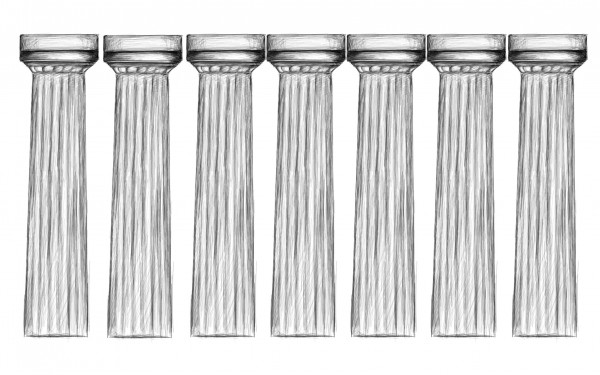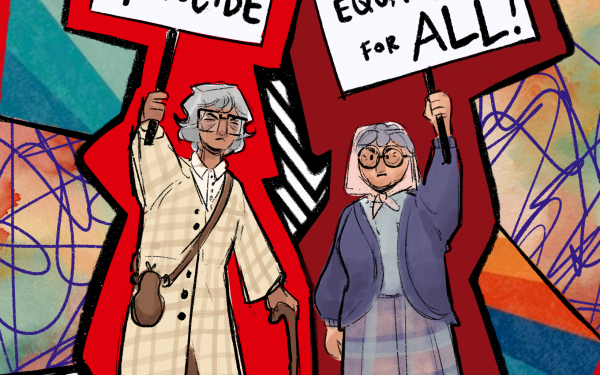Dirty history, dirty water
Indigenous communities are still paying the price of colonialism
Sept. 30 marked the fourth National Day for Truth and Reconciliation honouring Indigenous Survivors of Canada’s residential schools.
Over seven generations, more than 150,000 children were forcibly taken from their families and placed in these institutions. The schools were tools in a cultural genocide that aimed to erase Indigenous culture and assimilate Indigenous youth into white Canadian society.
Yet Canada’s colonial government continues to exploit Indigenous lands and resources while disregarding the well-being and rights of Indigenous Peoples. This country’s haunting colonialist legacy endures and Indigenous communities continue to face dire inequalities in public services and infrastructure, such as the lack of clean drinking water.
Despite some of the Liberal government’s notable successes on Indigenous issues—such as lifting 145 long-term drinking water advisories, providing funding to revitalize endangered Indigenous languages, and settling long-standing legal disputes over child welfare reform—Canada has made minimal progress in meeting its obligations to provide reserves with services equivalent to those available in non-Indigenous communities.
First Nations disproportionately suffer from water mismanagement, with conditions that would unequivocally be denounced as unacceptable by people living off reserves, were they affected by them. First Nations communities are confined to poor-quality land due to treaties that displaced their communities onto reserves. In contrast, Canadians living off reserves benefit from strong water governance and management systems that ensure their access to clean water is protected. There are currently 32 long-term drinking water advisories in effect in 30 First Nations communities, some of them in place for over 25 years. This situation is unacceptable. Indigenous communities deserve access to safe, clean drinking water. It is fundamental to life.
The United Nations recognizes the right to safe water and sanitation as a fundamental human right, yet Canada fails to ensure this for First Nations. According to The Council of Canadians, “the lack of clean, safe drinking water in First Nations is one of the greatest violations of the UN-recognized human rights to water and sanitation.”
This water crisis in First Nations poses a significant risk to health and safety. Many communities face health issues like skin problems due to the absence of safe drinking water. Decades of drinking water advisories force communities to rely on bottled water, severely limiting their economic growth and opportunities. For Indigenous Peoples, water often carries a profound cultural and spiritual significance. Unsafe water deeply affects their relationship with this vital resource, as many avoid using tap water and lakes for ceremonies.
But, access to clean drinking water is only the tip of the iceberg. Deeply rooted inequalities impact all facets of life for Indigenous communities.
First Nations lack access to quality healthcare leading to lower life expectancy, and they are disproportionately represented in Canada's homeless population and prison systems. Indigenous women, in particular, face a heightened risk of violent victimization, drawing attention to the tragic reality of many Missing and Murdered Indigenous Women and Girls. And recently, six Indigenous people lost their lives within two weeks of interactions with police across Canada.
It is evident that colonialism remains prevalent in Canada.
For true reconciliation with Indigenous Peoples, the government must take meaningful action to address these long-standing inequities. This cannot be achieved through empty promises and apologies; it requires tangible steps forward. Ensuring that all Canadians, both Indigenous and non-Indigenous, have access to the same rights is essential.
Reconciliation cannot occur without providing the same quality of public services for everyone.
This article originally appeared in Volume 45, Issue 5, published November 5, 2024.







